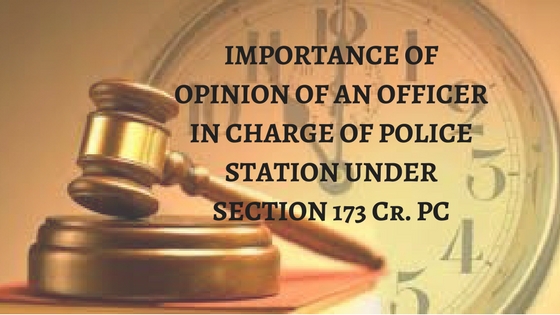Aapka Consultant Judgment Series- In this series, we are providing case analysis of Landmark Judgments of Hon’ble Supreme Court of India.
M.C. Mehta v. Union of India & Ors.
(2007) 1 SCC 110
JUDGES: S.H. Kapadia, S.B. Sinha and D.K. Jain
Date of Decision: 27-11-2006
FACTS:-
The facts were that on 25th March, 2003, the Uttar Pradesh Government started a project known as Taj Heritage Corridor Project for diverting the river Yamuna to reclaim the 75 acres land between the Agra Fort and the Taj, for constructing food plazas, shops and amusement activities in terms of development of Heritage Corridor for Taj Trapezium Zone. This led to the filing of Writ Petition as it was painful that the concerned persons in power were endangering the World Heritage by their irregular or corrupt motive. By certain orders, the Court directed the Central Bureau of Investigation (CBI) to investigate into the matter and submit the report.
ISSUE:-
Whether, the Director of CBI, who has not given his independent opinion in the matter, was correct in referring the concerned matter for opinion to the Attorney General of India, particularly when the entire investigation and law officer’s team was ad idem in its opinion of filing the charge sheet?
JUDGMENT:-
The Hon’ble Supreme Court has interpreted S. 173(2) of the Code of Criminal Procedure, 1973 that the term “investigation” under the section includes opinion of the officer-in-charge of police station that whether there is sufficient evidence or reasonable ground of suspicion that justifies the forwarding of case to the competent court or not and the opinion should be that of the officer-in-charge of police station and of no one else. The Court put reliance on the case of R. Sarala v. T.S. Velu & Ors. [(2000) RD-SC 222] and held that the formation of opinion, whether there is a case to put the accused to trial, should be that of the officer-in-charge of police station and of no one else. There is no stage arises during the investigation where the officer-in-charge of police station is legally obliged to take the opinion of the Public Prosecutor or any other authority, except his superior officer in the rank. This opinion is the basis of the report which is submitted to the Magistrate. Even the competent Magistrate of the court cannot coerce the officer-in-charge of police station to form an opinion. This formation of opinion is based on the material being collected during the investigation so as to decide that whether any judicial scrutiny is warranted or not.
Further the Court observed two points before coming to the conclusion, i.e., firstly that the Court has the power under Article 142 of the Constitution of India to dispose of the matters pending before it in order to do complete justice and secondly, that the court has given time to CBI for scrutinizing the difference of opinion in the administrative hierarchy of CBI, but there was no such difference of opinion found, therefore the question for reference to the Attorney General of India was rejected. The Supreme Court, in the case of Union of India & Ors. v. Sushil Kumar Modi & Ors. [(1996) 6 SCC 500], held that in case of difference of opinion amongst the concerned officers of CBI in the matter of investigation, the final decision shall be of the Attorney General of India, but in the present matter, there was no difference of opinion as such.
HELD:-
The Court held that there was no difference of opinion in the matter of investigation amongst the concerned officers of CBI; therefore, the question of referring the matter for opinion to the Attorney General of India could not arise.
To Get Legal Opinion from Advocates/ Legal Experts, Please click here
To Get Legal Opinion from Retired Hon’ble Judges, Please click here












